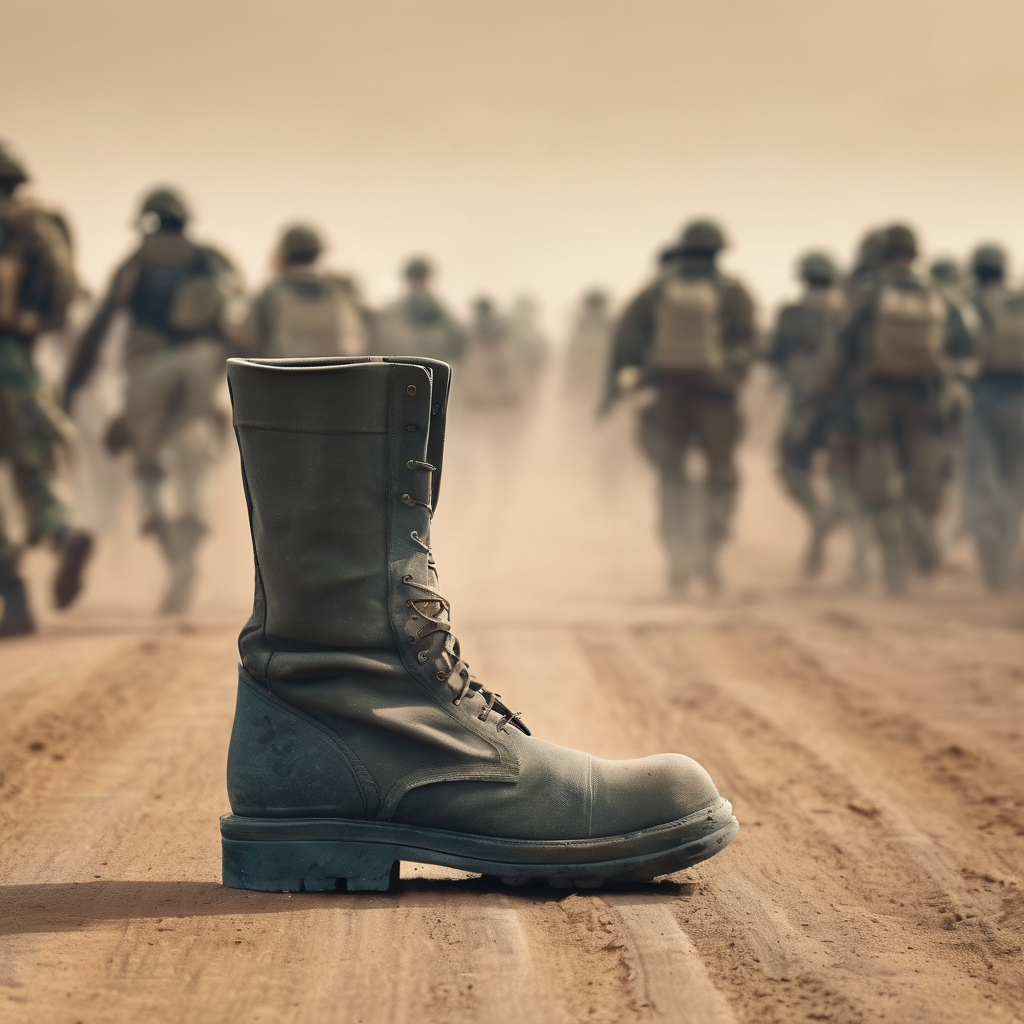Madagascar is currently experiencing a significant political crisis as military factions have allied with a youth-led protest movement, presenting a formidable challenge to President Andry Rajoelina’s administration. These protests initiated on September 25 have persisted for over two weeks, rooted in grassroots discontent, and evolving into a widespread demand for political transformation.
The CAPSAT military unit, which played a crucial role in Rajoelina’s ascent to power in 2009, has publicly expressed its support for the protesters. They have encouraged other military personnel to disregard orders and join the demonstration, signaling a notable shift in loyalty that could drastically alter the political landscape. In a strategic move, they appointed General Demosthene Pikulas, former chief of the military academy, as the new army chief.
The protests have attracted a wider coalition, with members of the national gendarmerie also distancing themselves from government allegiance. This faction has committed to protecting citizens rather than suppressing dissent, stating their intent to avoid using force against the populace.
President Rajoelina’s government now faces its largest test since his re-election in 2023. This unrest parallels other recent incidents in regions like New Caledonia, where persistent protests and independence demands similarly highlight concerns regarding governmental stability and military engagement.
Amidst this turmoil, there remains a hopeful prospect for constructive dialogue. The current situation could pave the way for a resolution that aligns with the needs of the public, reflecting their growing aspirations for democratic governance. The collaborative involvement of military members and civilians suggests a readiness to embrace change, aiming for a government that is increasingly representative and attuned to the voices of its citizens.
